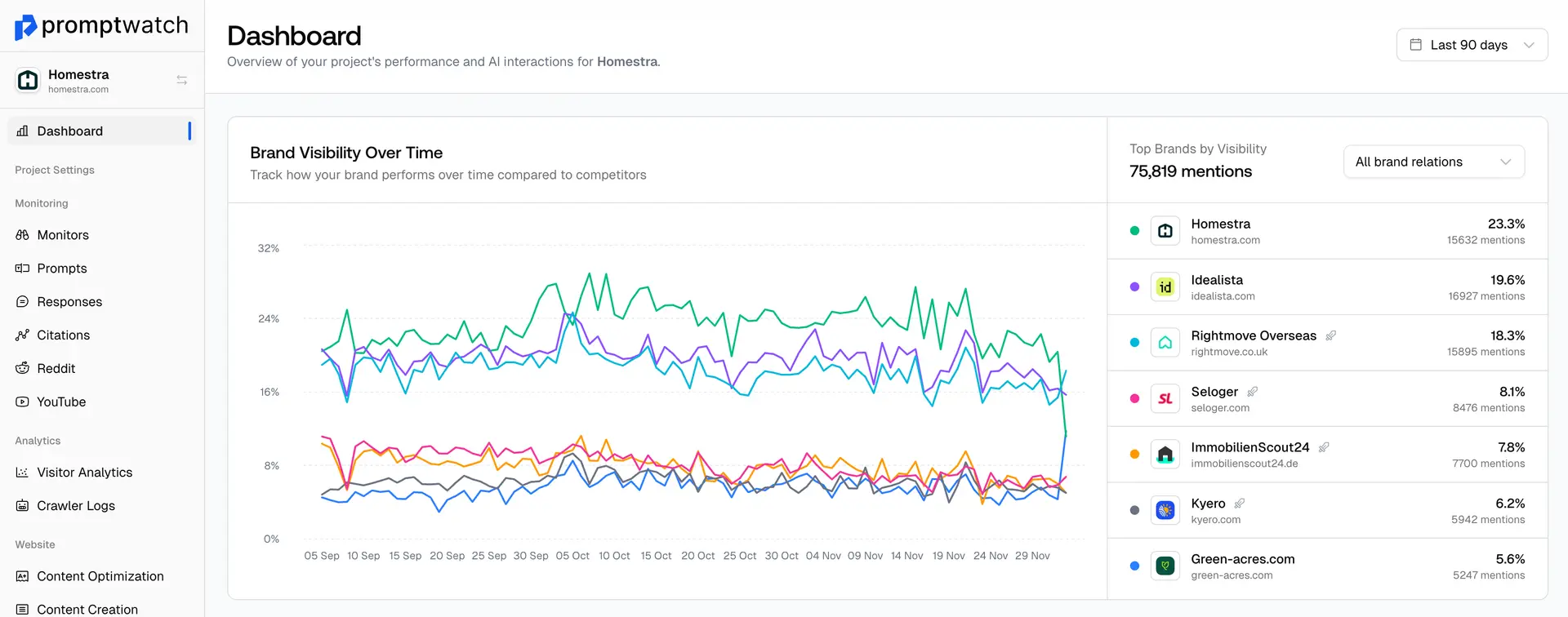Definition
Source citation in AI responses refers to how AI systems reference and link back to the original sources of information they use to generate answers. This is crucial for credibility and provides traffic opportunities for cited websites.
Proper citation practices in AI systems help users verify information and give credit to original content creators, while also providing valuable backlink opportunities for cited sources.
Examples of Source Citation
- Perplexity linking to source articles in its responses
- ChatGPT mentioning where it found specific information
- AI systems providing footnotes and references
